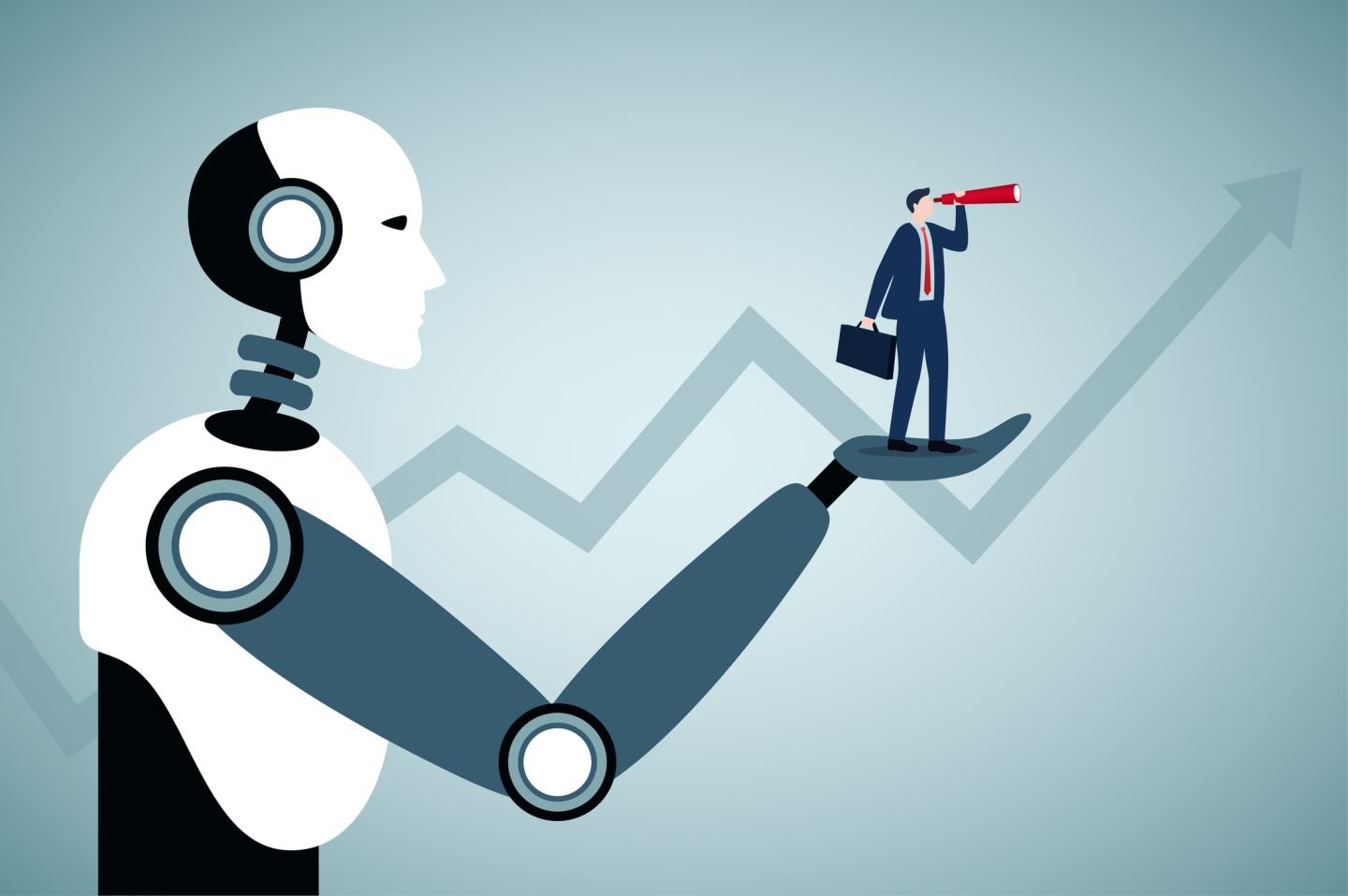[ad_1]

This 12 months marks a turning level for synthetic intelligence (AI). The EU parliament has voted to approve the EU AI Act after three years of negotiations, transferring the dialog round accountable AI from concept to actuality and setting a brand new international normal for AI coverage.
IBM welcomed this laws and its balanced, risk-based strategy to regulating AI. Why? As a result of historical past has proven us again and again that with each new disruptive know-how, we should steadiness that disruption with accountability.
We’ve recognized for years that AI will contact each side of our lives and work, and there’s been a lot consideration paid to the unbelievable potential of this know-how to unravel our most urgent issues. However not all of AI’s influence might be flashy and newsworthy–its success can even lie within the day-to-day methods that it’s going to assist people be extra productive.
The productiveness and progress conundrum
Proper now, know-how is advancing quicker than ever, however productiveness is just not. A current McKinsey report exhibits labor productiveness within the U.S. has grown at a lackluster 1.4%. The findings present that “regaining historic charges of productiveness progress would add $10 trillion to U.S. GDP–a lift wanted to confront workforce shortages, debt, inflation, and the power transition.” Comparable productiveness slowdown is going on globally, regardless of the know-how increase of the previous 15 years.
Anthropologist Jason Hickel stated “practically each authorities on the planet wealthy and poor alike, is targeted single-mindedly on GDP (Gross Home Product) progress. That is now not a matter of alternative.”
The formulation for GDP progress has traditionally been inhabitants progress + productiveness progress + debt progress. Two-thirds of this formulation, inhabitants and debt progress, are unlikely to maneuver within the close to future. Growing older populations and a shrinking workforce might result in important expertise gaps, particularly by way of extremely expert and educated employees and as skills-first coaching and hiring proceed to ramp up. Debt entry is tightening after 15 years of the bottom rates of interest in fashionable historical past come to an finish.
That leaves productiveness features as our predominant driver of GDP progress. The world wants elevated productiveness to drive monetary success for firms, in addition to financial progress for nations.
AI is the reply to the productiveness drawback–however provided that it may be developed and deployed responsibly and with clear objective.
Reaping the advantages on accountable AI
Gartner estimates $5 trillion in know-how spending in 2024, rising to $6.5 trillion by 2026. This would be the final catalyst for the following stage of progress within the international economic system.
Nonetheless, one in 5 firms surveyed for the 2023 IBM International AI Adoption Index say they don’t but plan to make use of AI throughout their enterprise. Cited amongst their considerations: restricted AI expertise and experience, an excessive amount of knowledge complexity, and moral considerations. That is the established order part in our present paradox. However accountability and disruption can–and should–co-exist.
As governments concentrate on good AI regulation, enterprise leaders should concentrate on accelerating accountable AI adoption. I meet with purchasers day by day–and I’ve seen 4 priorities emerge within the path to adoption: Mannequin alternative, governance, expertise, and open AI.
Offering mannequin alternative is crucial to accelerating AI adoption. Totally different fashions might be higher at some duties than they’re at different duties. The perfect mannequin will rely upon the trade, area, use case, and dimension of mannequin, that means most will make the most of many smaller fashions versus one bigger mannequin.
And with the proper governance, firms could be assured that their workflows are compliant with current and upcoming authorities laws and freed from bias.
In at this time’s economic system, jobs require expertise, not simply levels. Expertise is evolving quicker than many can comply with, creating a spot between demand and expertise. Leaders should now prioritize skills-first hiring and coaching and upskilling the prevailing workforce to thrive within the AI period.
Lastly, leveraging open-source fashions and proprietary fashions, with well-documented knowledge sources, is one of the best ways to attain the transparency wanted to advance accountable AI. Open is sweet for variety as a result of it makes it a lot simpler to determine bias, for sovereignty as a result of all the information sources are simply identifiable, and for training as a result of it naturally lends itself to collaboration throughout the neighborhood.
AI can drive a degree of GDP progress that none of us have ever seen in our lifetimes. It could imply the evolution of jobs within the close to time period. However simply as with every different technological revolution, as upskilling happens, there’ll ultimately be new jobs, markets, and industries.
For enterprise and authorities, 2024 have to be the 12 months of adoption, the place we transfer from the experimentation part to the deployment part. With the proper imaginative and prescient and strategy to accountable AI adoption, we are going to start to see widespread financial advantages of this know-how within the subsequent three years, with many extra years of sustained progress and prosperity to return.
Rob Thomas is SVP of Software program and Chief Industrial Officer at IBM.
Extra must-read commentary printed by Fortune:
The opinions expressed in Fortune.com commentary items are solely the views of their authors and don’t essentially mirror the opinions and beliefs of Fortune.
[ad_2]
